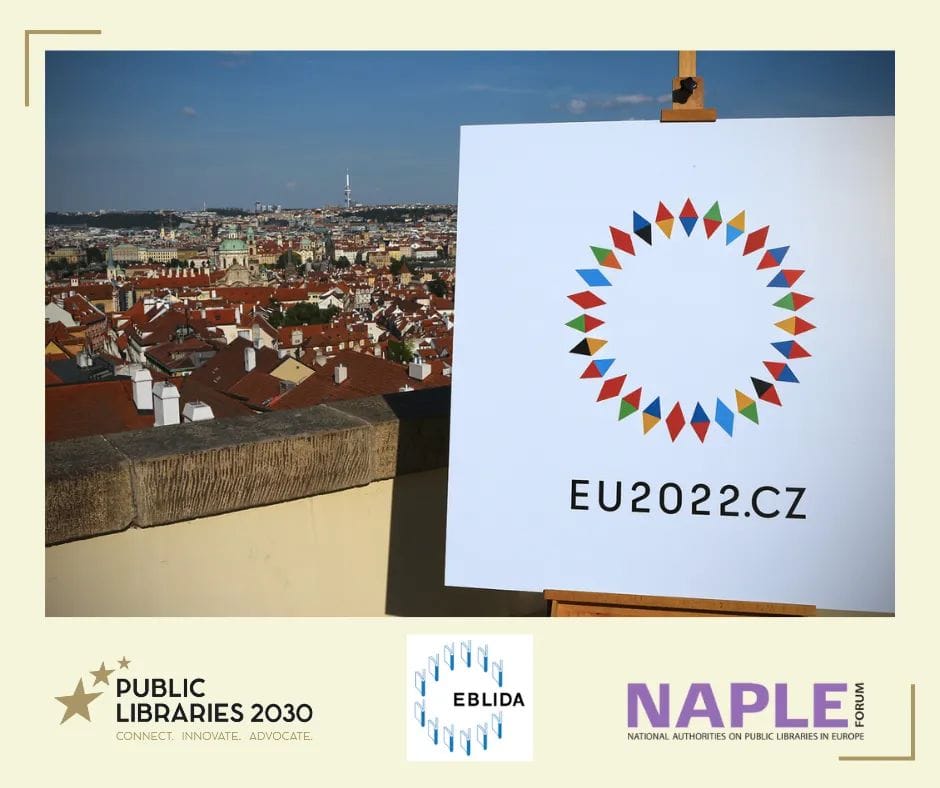COUNCIL RESOLUTION ON THE EU WORK PLAN FOR CULTURE 2023–2026
Ontem, dia 29 de novembro, foi aprovada a Resolução do Conselho da Europa da Educação, Juventude, Cultura e Desporto, para a criação de um Plano de Trabalho para a Cultura que prevê o seu desenvolvimento até 2026, altura em que deverá ser apresentado um Relatório Final sobre a Cultura para a Europa.
Neste trabalho a desenvolver, as bibliotecas são chamadas a contribuir, mais precisamente num dos 4 eixos prioritários, “Culture for the people: enhancing cultural participation and the role of culture in society".
A adoção do plano prevê a realização de diversas ações para cada eixo prioritário e dá às bibliotecas a oportunidade inovadora de se envolverem e participarem nas decisões para a Cultura, a nível nacional e europeu, mais concretamente chamando-as à ação denominada "Building bridges: strengthen the multiple roles of libraries as gateways to and transmitters of cultural works, skills and European values", num reconhecimento do seu valor como facilitadoras da perservação e difusão/acesso ao conhecimento, aos valores, à cultura e à capacitação das comunidades, nomeadamente no que se refere aos princípios acordados e que estiveram presentes na elaboração do Plano, que se transcrevem:
- Culture, including cultural heritage, plays a crucial role in our democracies and in the lives of individuals.
- Participation in culture and cultural heritage, creativity and the arts has a positive impact on people of all ages and backgrounds; it enhances people’s quality of life, and improves the health and overall well-being of individuals and communities.
- Cultural participation facilitates social and territorial cohesion, while fostering respect for cultural and linguistic diversity and providing a platform for open dialogue within civil societies.
- Cultural and linguistic diversity are among Europe’s key assets and, as such, must be respected and promoted, paying particular attention to lesser-used languages.
- Special attention is needed to ensure children’s and young people’s participation in cultural life and their reading capacity, fostering their creativity and enriching their experience.
- An inclusive approach to vulnerable and disadvantaged groups is equally important.
- Cultural institutions play a vital role in strengthening democracy and social well-being by reaching out to the whole community, providing affordable or free access to knowledge and information, in full respect of intellectual property rights, enhancing media literacy, creating common ground for dialogue and debate, and thereby strengthening social integration and community engagement, and ultimately contributing to combating disinformation, hate speech and fake news. This role of cultural institutions must be further nurtured.
- In this regard, the current work plan pays special attention to fostering the development of libraries. Many libraries also provide a peaceful and safe environment for vulnerable people, which is currently of specific relevance with regard to the many displaced people from Ukraine and their need for physical and mental shelter.


